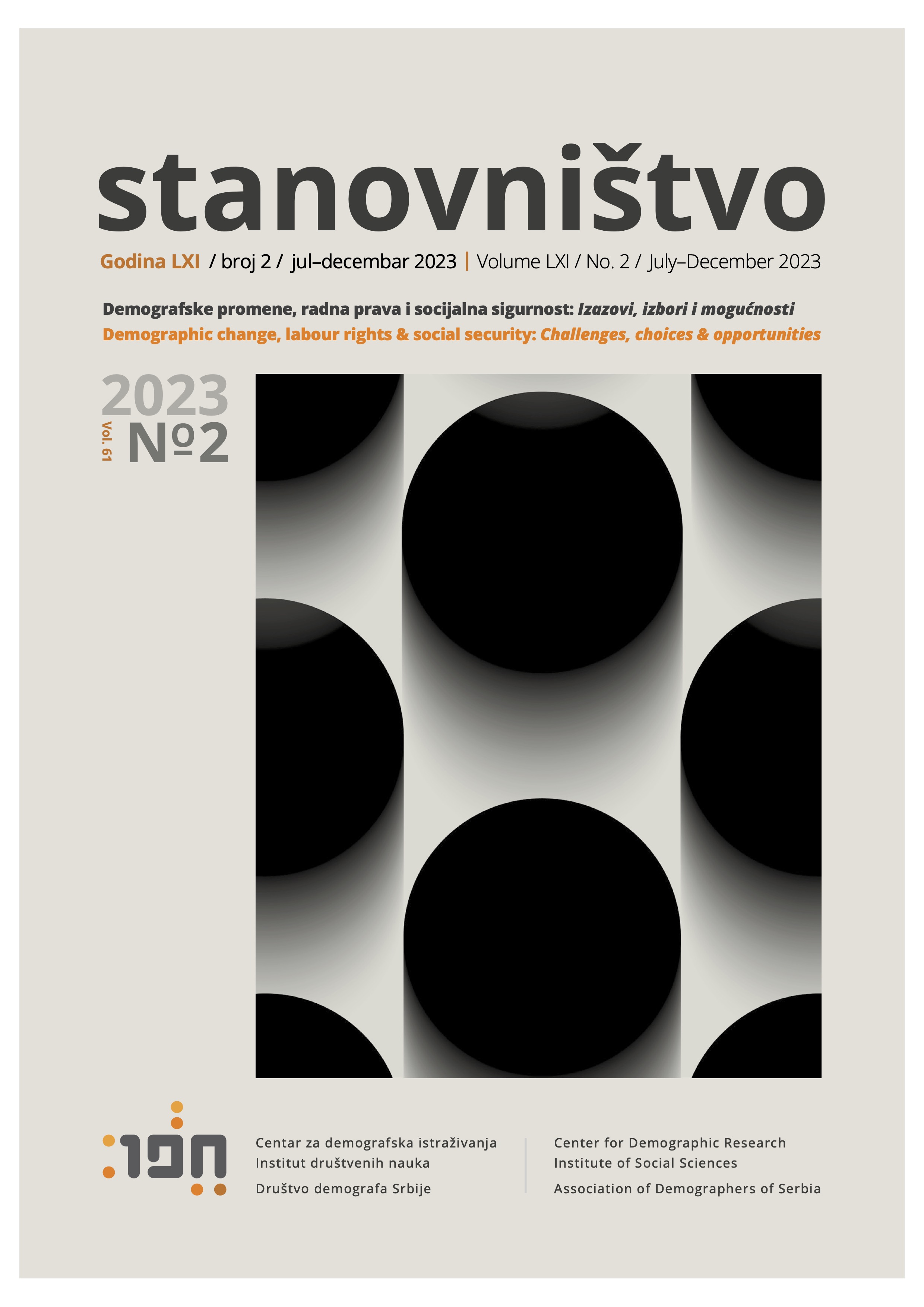Kako kontrolisati minimalnu zaradu u kontekstu savremenih društvenih promena - studija slučaja Slovenije
How to regulate a minimum wage in light of contemporary social change: A case study of Slovenia
Author(s): Andraž Bobovnik, Valentina FrancaSubject(s): Social Sciences, Economy, Law, Constitution, Jurisprudence
Published by: Институт друштвених наука
Keywords: labour market; minimum wage; non-standard forms of employment; demography; migration
Summary/Abstract: Minimum wage stands as a fundamental right for workers and one of the oldest and most universal labour law standards in the world. Understanding the impact of labour market changes, demographic trends, and migration on minimum wage regulation could offer valuable insights into the future development of labour law institutes. This study focuses on how these trends affect the basic legal concept of the minimum wage and how they are affected by the legal regulation of the minimum wage. It draws upon a case study of minimum wage regulation in the Republic of Slovenia, with particular focus on social dialogue. In Slovenia, the minimum wage is legally determined, granting all employed individuals the right to receive it without differentiation based on domestic or foreign employment and irrespective of age. The right to a minimum wage has also been extended to cover certain non-standard forms of employment. An analysis of the minimum wage framework in Slovenia has shown that, even in the changed landscape of the labour market, traditional labour law institutions remain an important civilisational achievement and value.
Journal: Stanovništvo
- Issue Year: 61/2023
- Issue No: 2
- Page Range: 145-166
- Page Count: 22
- Language: English

